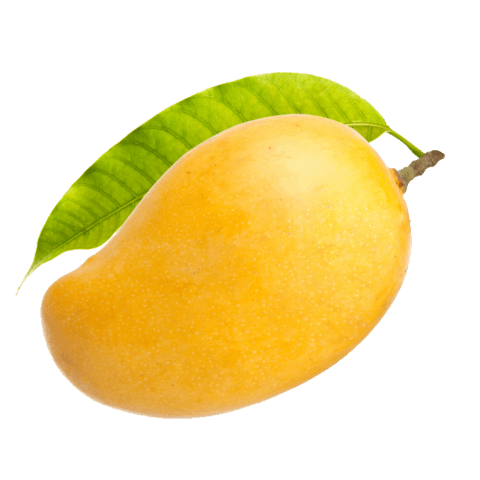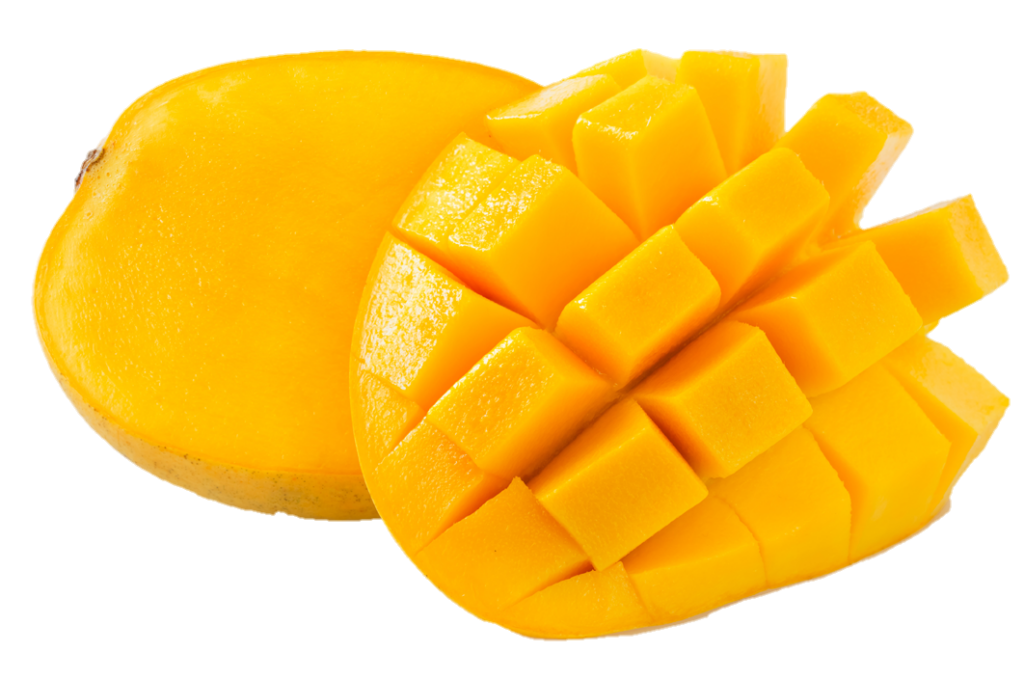
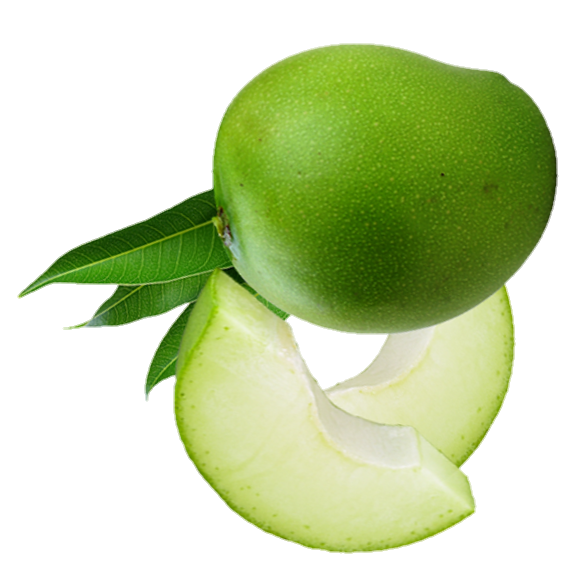

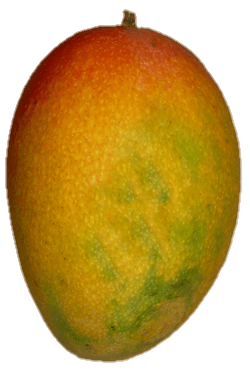
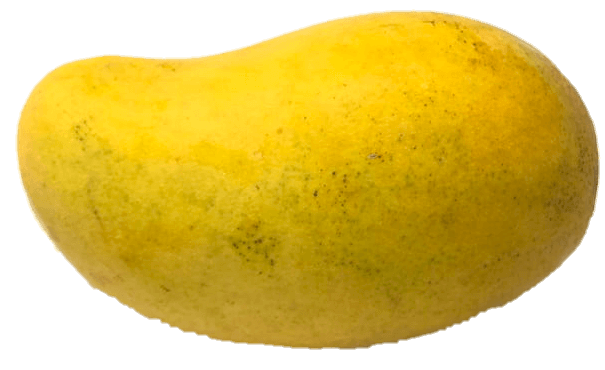

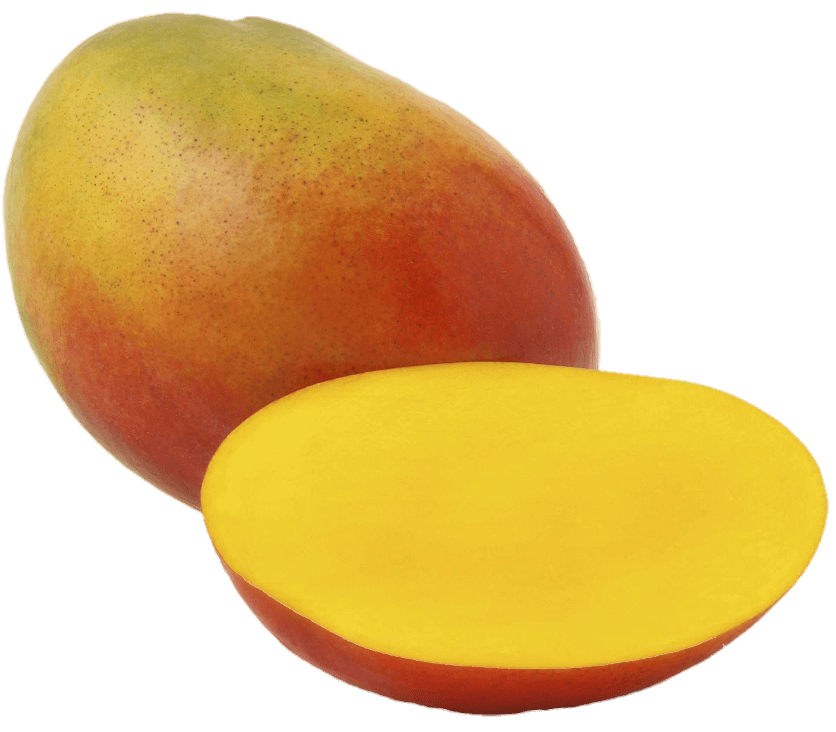
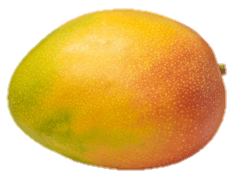
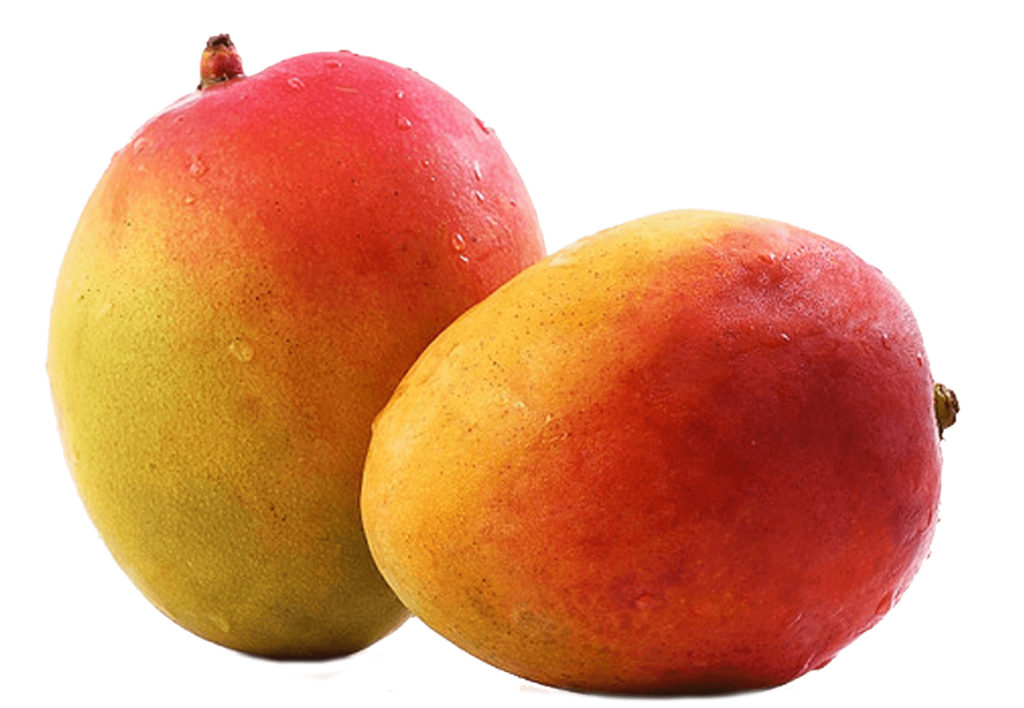
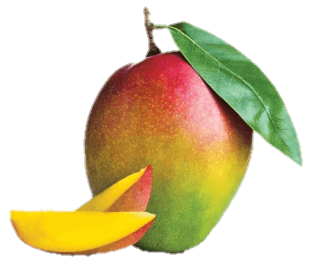
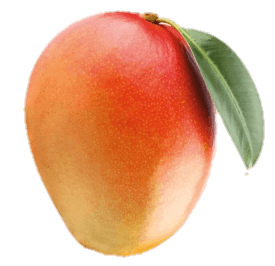
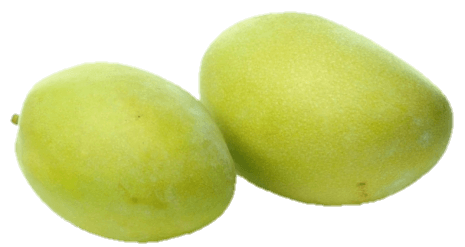
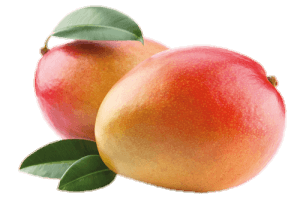
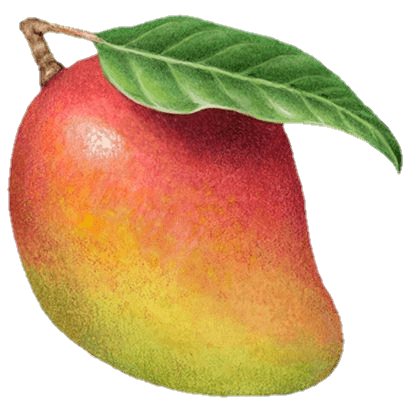
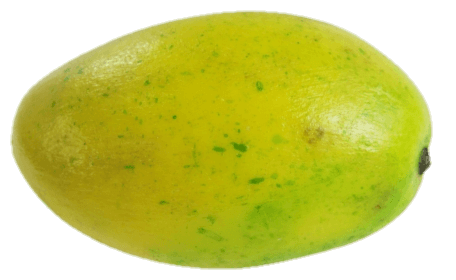
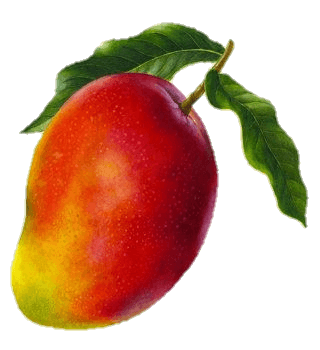
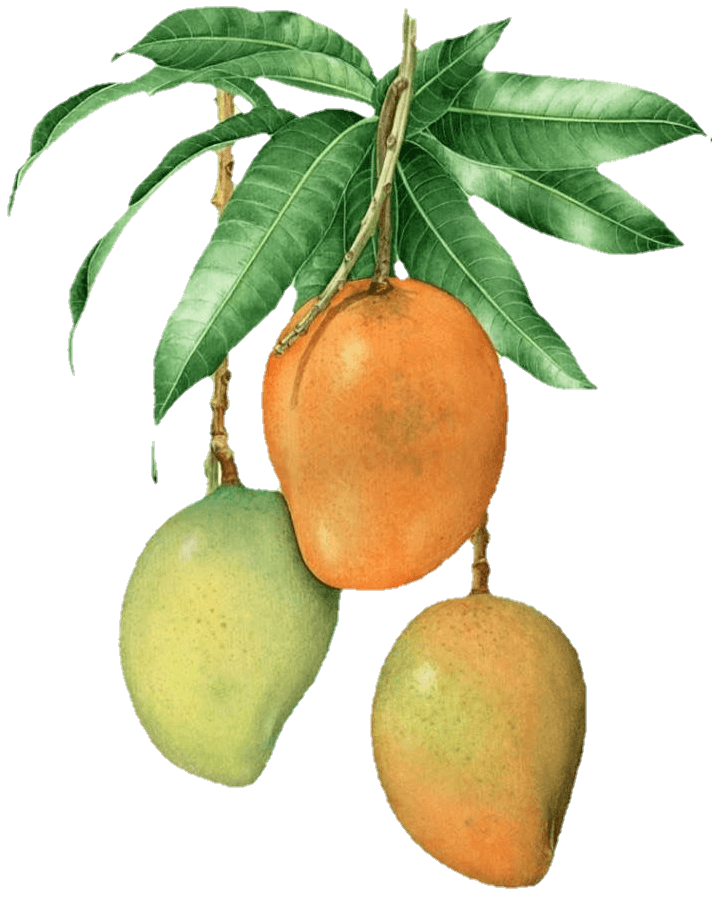
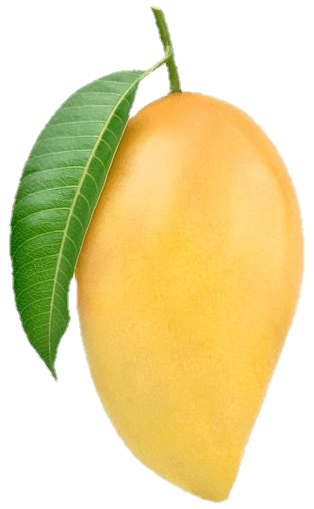
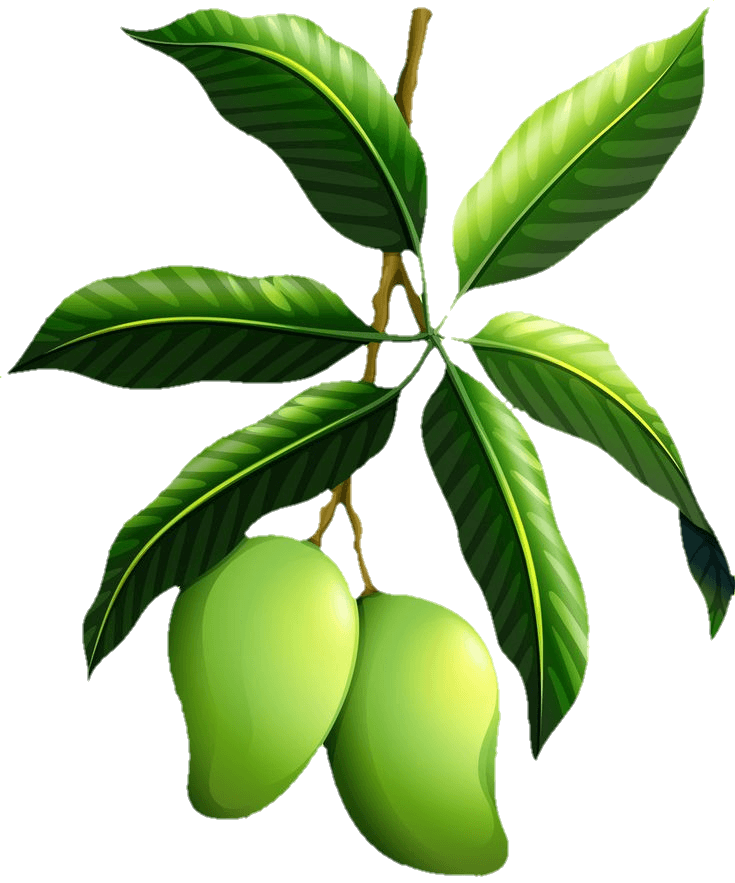
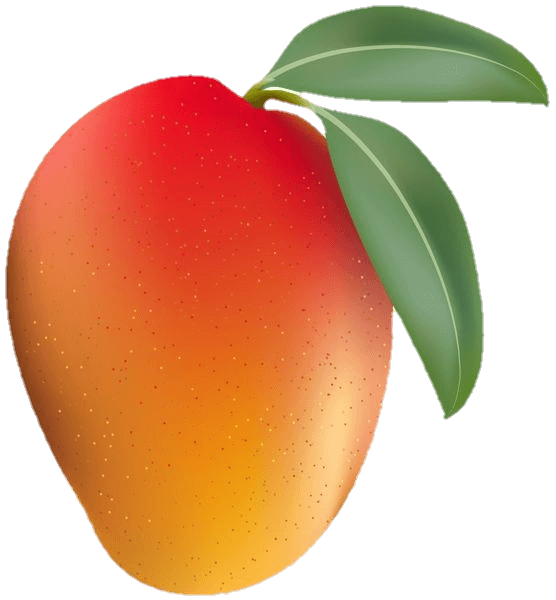
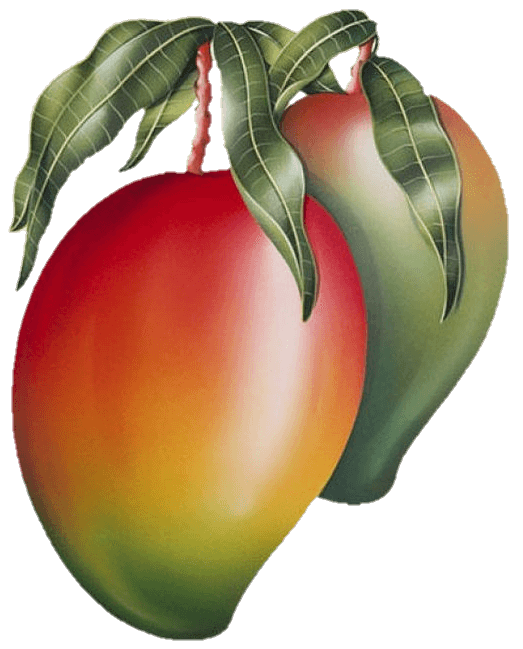
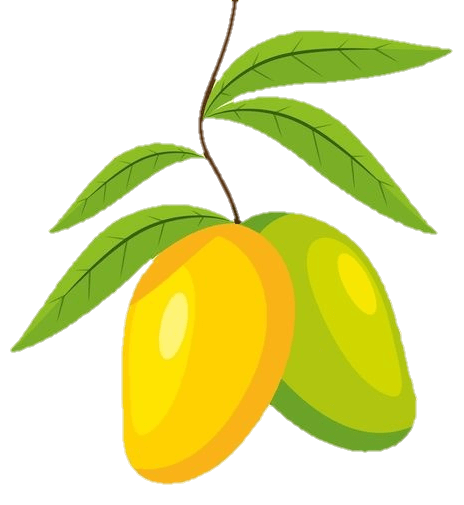
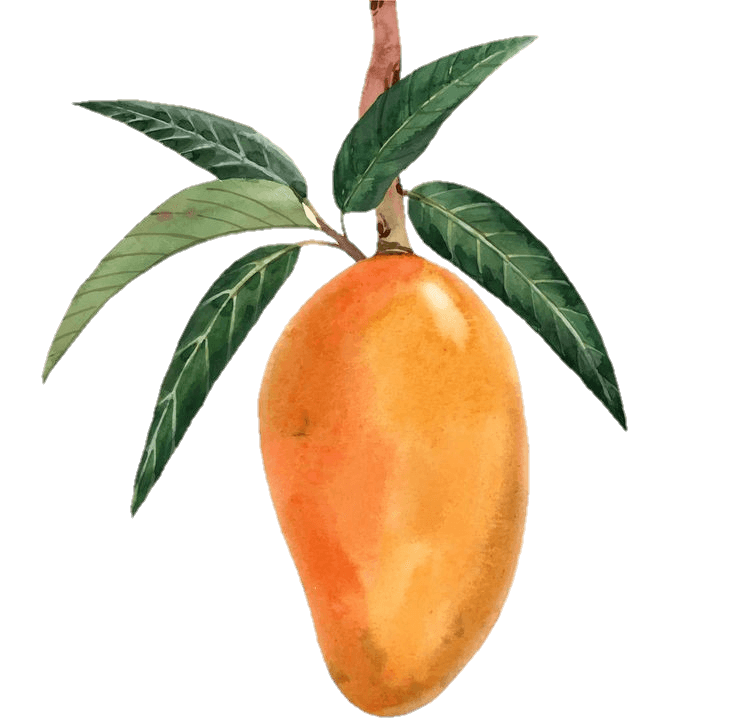


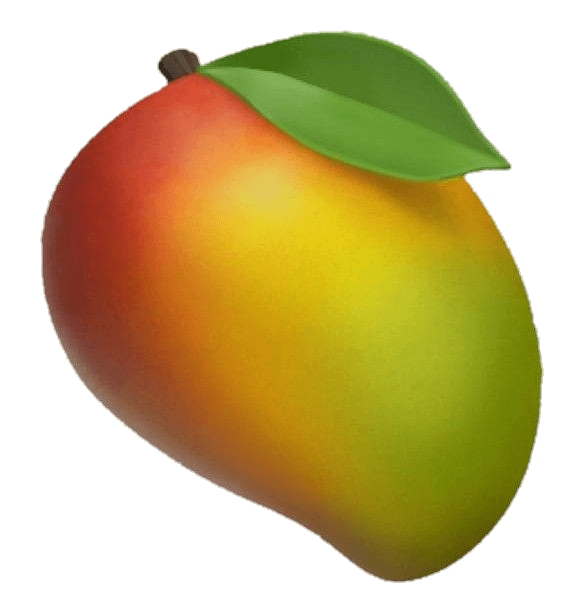



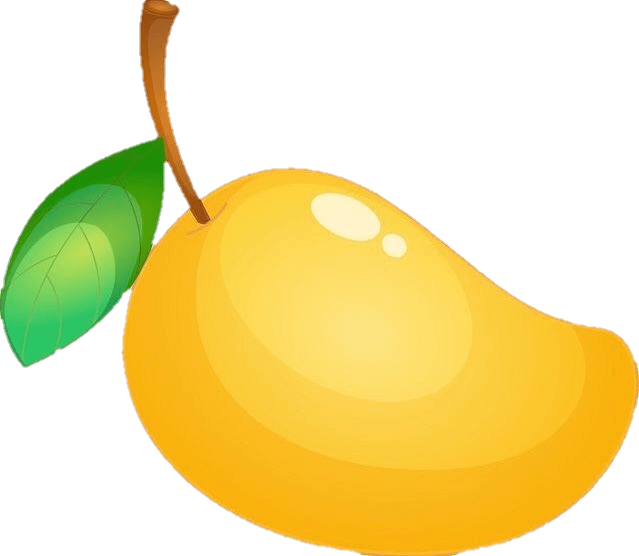
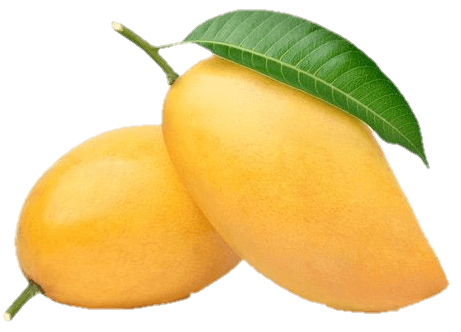
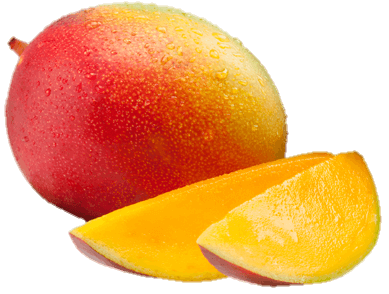
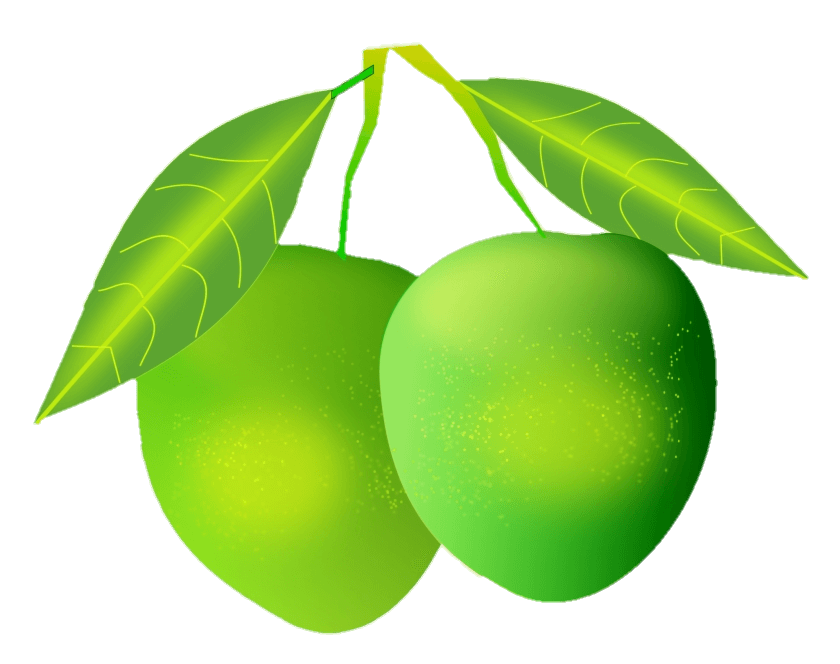
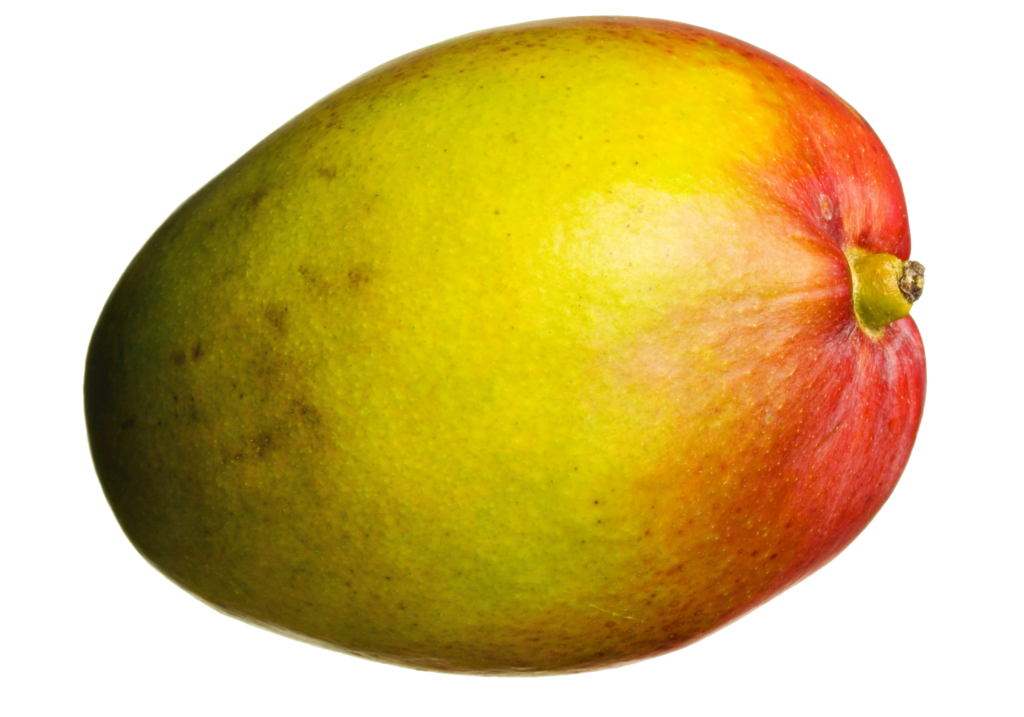
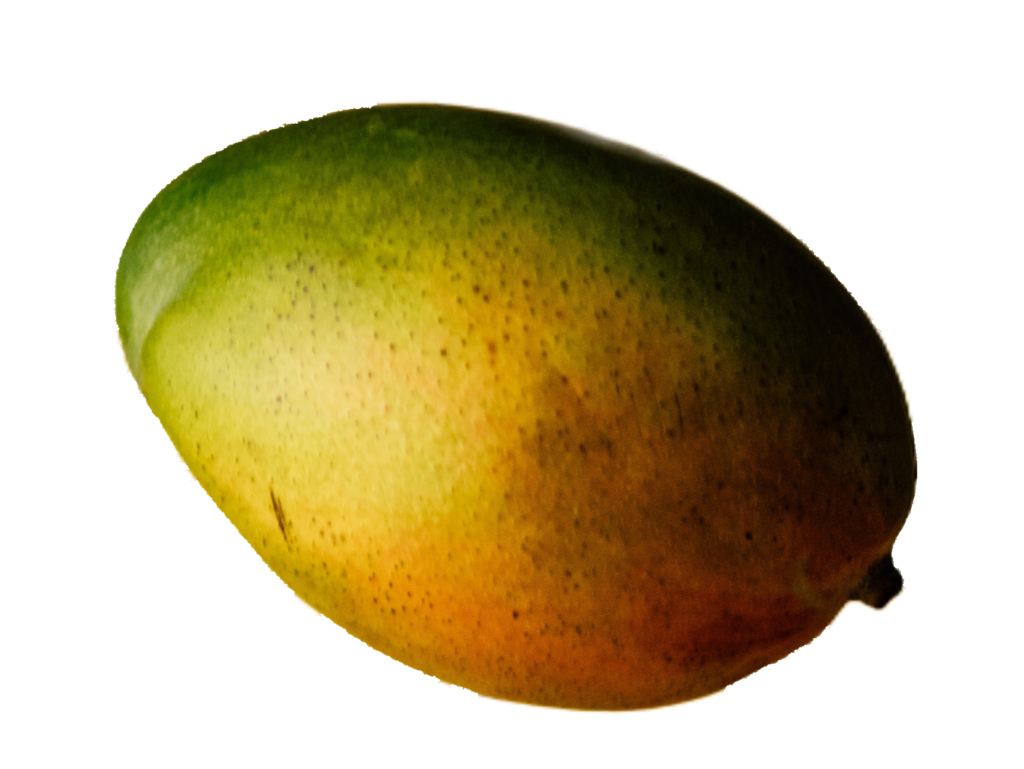
The mango, often called the “King of Fruits,” is a luscious and delectable gift from nature. Its sweet and succulent taste, vibrant color, and rich aroma make it one of the most beloved fruits worldwide. Mangoes are not just a delightful treat; they also carry cultural significance and health benefits and contribute to agricultural economies.
Mangoes have deep cultural roots in many societies. They symbolize love, prosperity, and hospitality in several countries. Mangoes are celebrated during festivals and gatherings in India, the Philippines, and Thailand. Sharing a perfectly ripe mango is a gesture of goodwill and bonding among family and friends. Moreover, mangoes have inspired poetry, art, and literature, further cementing their place in the cultural heritage of these regions.
The history of mangoes traces back thousands of years, with origins believed to be in South Asia. It is said that the fruit was first cultivated in India over 4,000 years ago and later spread to other parts of the world through trade routes. Ancient travelers and traders brought mango seeds to Africa and the Middle East, where they eventually reached the Americas, thanks to the Spanish explorers. Today, mangoes are grown in tropical and subtropical regions across the globe.
Mangoes come in various shapes, sizes, and colors, offering various tastes and textures. There are over 1,000 different varieties, each with its unique flavor profile. Some famous varieties include Alphonso, Kent, Ataulfo, Tommy Atkins, and Haden. Each type caters to different tastes, some sweet and buttery, while others offer a tangier experience. The versatility of mangoes allows them to be enjoyed in many ways, such as fresh, juiced, dried, pickled, or used in chutneys and sauces.
Beyond their delectable taste, mangoes are packed with essential nutrients that benefit our health. They are an excellent source of vitamins A and C, which support the immune system and promote healthy vision. The fruit is also rich in dietary fiber, aiding digestion and improving gut health. Moreover, mangoes contain antioxidants that help combat free radicals in the body, reducing the risk of chronic diseases. Including mangoes in our diet can be a delightful way to maintain a healthy lifestyle.
Mangoes play a crucial role in the agricultural economies of many countries. India, China, Thailand, Mexico, and the Philippines are among the largest producers and exporters of mangoes globally. The cultivation and trade of mangoes generate employment opportunities for countless individuals, from farmers to laborers involved in harvesting and processing. Moreover, the export of mangoes contributes significantly to the foreign exchange earnings of these countries.
Mango trees not only bear delicious fruits but also have positive environmental impacts. They act as carbon sinks, sequestering carbon dioxide from the atmosphere and mitigating the effects of climate change. The trees provide shade and habitat for various animal species, promoting biodiversity in the regions where they are grown. Additionally, mango orchards can help combat soil erosion and improve soil fertility, making them valuable components of sustainable agriculture.
Mango is a true gift from nature, enriching our lives in numerous ways. Its cultural significance, historical background, diverse varieties, health benefits, and economic and environmental impacts make it an exceptional fruit that captures people’s hearts and taste buds worldwide. The mango’s sweet allure is not merely a delight for the senses; it also embodies the beauty of nature’s bounty and the richness of human culture. So, the next time you enjoy a ripe and juicy mango, take a moment to appreciate its journey from the orchards to your plate and savor every mouthful of this golden delight.
